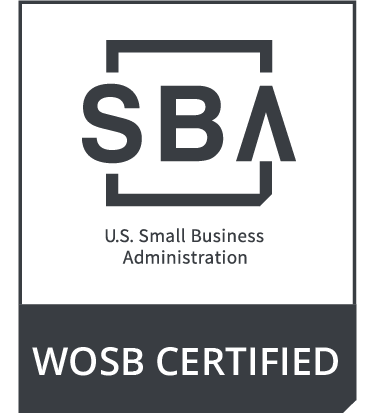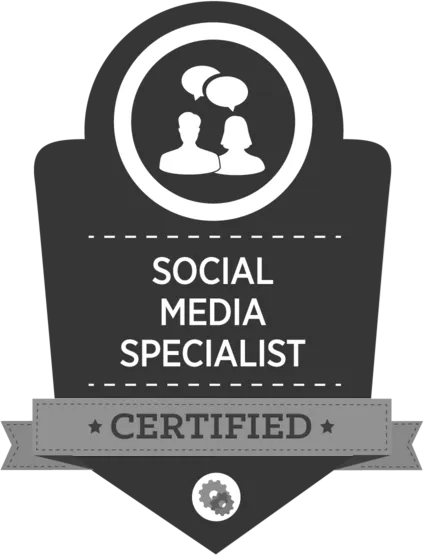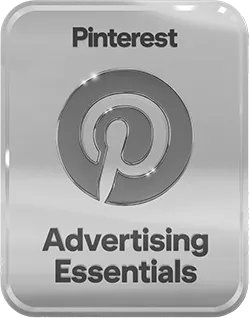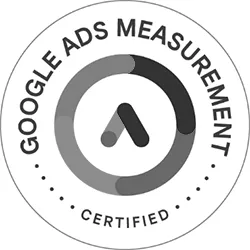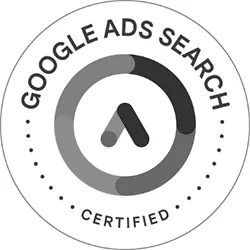How a Niche Drives Differentiation in Marketing
Picture yourself as a rockstar on stage. All eyes are on you. A crowd is cheering you on and singing along to your best hits. Now ask yourself: How many people bought your latest single? How many in the audience are true fans or just there because a friend had an extra ticket?
Standing out from the crowd is only part of successful differentiation in marketing. You need a narrow niche to identify the right customers in a sea of faces. Without that focus, conversion rates will remain low. In today’s blog, we’ll discuss how niche drives differentiation and what happens when you don’t have that focus.
Different Marketers, Different Niche Beliefs
Our recent attitudinal research study discovered three distinct types of business marketers with differing perspectives and approaches to marketing: Accomplished Marketers, Anxious Strugglers and Strategy Believers.
Anxious Strugglers and Strategy Believers make up 71 percent of our respondents and report lower levels of success.
Anxious Strugglers have little confidence in their organization’s marketing, worry about their ability to succeed, and feel they need outside help to improve their efforts. Strategy Believers prioritize a strong marketing strategy supported by research. They pursue multi-channel efforts and say managing their brand’s identity is how they differentiate from competitors.
Compared to Accomplished Marketers, who report more marketing confidence and success than their peers, these two segments give their organizations lower ratings on various marketing-related objectives. The percentage of these two segments that give their organizations very good or excellent ratings is about 50 percent or lower across various factors that impact their organization’s return on investment from marketing activities.
- 45 percent of Anxious Strugglers and 31 percent of Strategy Believers think their organization is very good or excellent at differentiation in marketing.
- 39 percent of Anxious Strugglers and 50 percent of Strategy Believers think their organization is very good or excellent at understanding their ideal prospects’ needs.
- 51 percent of Anxious Strugglers and 45 percent of Strategy Believers think their organization is very good or excellent at being interesting to their ideal prospects.
- 47 percent of Anxious Strugglers and 37 percent of Strategy Believers think their organization is very good or excellent at reaching their ideal prospects.
- 41 percent of Anxious Strugglers and 34 percent of Strategy Believers think their organization is very good or excellent at conversion.
The takeaway? Every single one of these marketing activities would be easier to accomplish with a defined and narrow niche. These data points suggest marketers might be missing a piece of the puzzle to convert prospects into customers — and being interesting isn’t enough.
Good Ideas Aren’t Guarantees
Differentiation in marketing is more than about having good ideas. However, 85 percent of Strategy Believers ranked this as very important when partnering with outside agencies. In comparison, 35 percent of Strategy Believers give their organization top two box ratings for how strongly they market to a narrow target (niche) of prospective customers.
Good ideas are not guarantees. You could bake the best bread in the world, and someone who’s allergic to wheat still wouldn’t buy it.
The gap between how important fresh ideas are to Strategy Believers when hiring an outside agency and converting prospects into customers is 51 percent, which suggests there’s more to conversion than being interesting to your prospects.
Many business marketers have yet to harness the power of the niche. In our experience as an agency partner, niching down is how you eliminate the gap between efforts and conversion. It’s how you give your differentiation legs.
To see how we put this mindset to practice, check out our case studies for Axona and Mulay’s Sausage that focus on a strategy-first niche approach.
The Other Benefit of Niching Down
Nearly two in three business marketers say their in-house marketing staff is also responsible for identifying specific prospects to pursue. As a result of this crossover into sales, business marketers are under a lot of pressure.
It’s no wonder why our research shows 66 percent of business marketers ranking “Understanding our target customers” as the most important factor when working with an agency. Business marketers need in-depth knowledge about their target customers to develop marketing messaging that leads to conversions. Being creative and interesting is not enough in today’s world.
A recent Salesforce study found that 62 percent of customers experience an emotional connection to the brand they most often buy from. People are no longer loyal to products and services but to experiences that meet them where they are. That’s why 94 percent said a positive customer experience makes them more likely to repeat a purchase. Additionally, 83 percent are more loyal to companies that provide a consistent experience across departments.
Vantage Partners’ “Customer-Centricity” study suggests companies can reach four levels from very immature to very mature. A very mature company excels at connecting with customers by providing more value, embedding this customer focus into the company’s DNA, and ensuring every aspect of the customer journey is part of differentiation. Conversely, very immature companies have a product focus instead of a customer focus and stand to have 2.5 times less revenue growth than their very mature counterparts.
People want to buy from companies that treat them as individuals, not numbers. To gain an in-depth understanding of your target audience and give them a personalized, engaging experience, differentiate your offerings from competitors and niche down to connect with a narrow target market.
If a business hasn’t defined its niche, it’s setting its in-house team up for failure, which may be one of the reasons why 42 percent of business marketers say their organizations have lost marketing staff over the past six months. Therefore, identifying, occupying, and refining a niche sets marketing teams up for success because they’ll have the focus they need to craft effective marketing messaging.
Steps for Effective Differentiation in Marketing
Most brands are comfortable hanging their hat on points of parity, i.e., what they have in common with competitors. But to truly differentiate, you have to reach higher. True differentiation focuses on points of difference. Therefore, marketers need to focus on how they are uniquely positioned in their market to be successful.
Take a look at the diagram below to see how this concept works.
As the graphic shows, Mentos differentiates itself from Clorets and Halls by making its mint candy colorful and appealing to social status.
Another way to look at differentiation is to aim for a 6-10 on the Range of Acceptability.
We use this tool with our clients to show the importance of being brave about what you sell while still being acceptable to buy from. From 1-5 on the scale, you’re floating in the “Sea of Sameness.” There is nothing that makes your brand stand out from competitors — think about the points of parity from above. We recommend you find balance between acceptability and novelty. You can have diminishing returns if you are too far out there when you differentiate — you don’t want to stick out like a sore thumb. Aim to be brave and different but acceptable.
Finding Your Niche
Niching down is not just a choice. It’s necessary to thrive in today’s world. Consumers expect products and services that match their unique personalities, lifestyles and interests. Now’s the time to identify your narrow niche so your differentiation is far more impactful.
To start, define KPIs and OKRs before, during and after your niche journey. Your numbers will improve (we would bet on it!).
To learn more about each segments’ behaviors and the opportunities they present, check out our entire executive summary and webinars. And to further ignite your own marketing strategy, check out our podcast.








